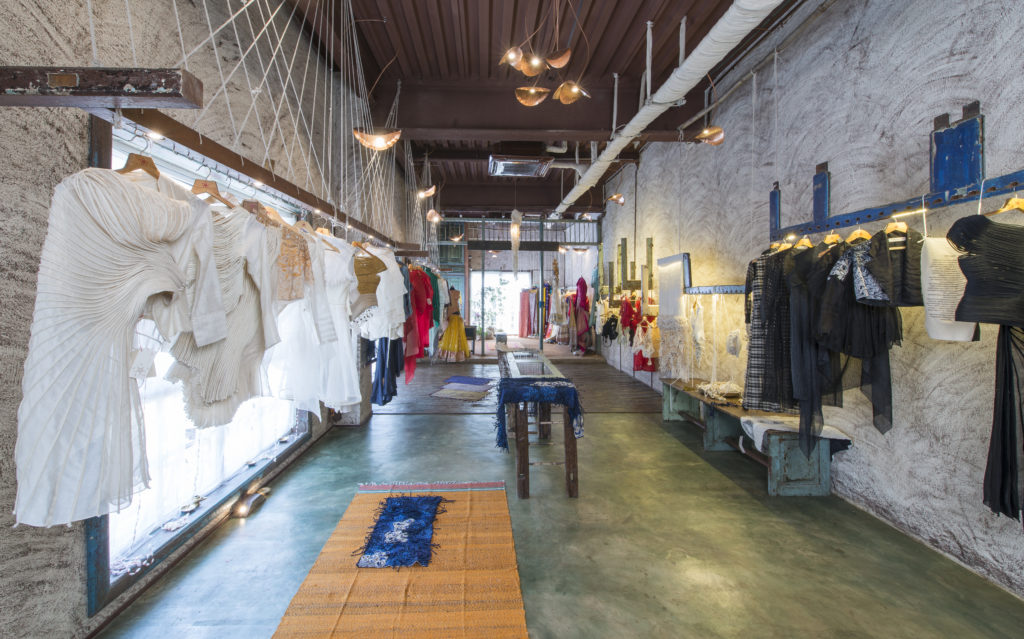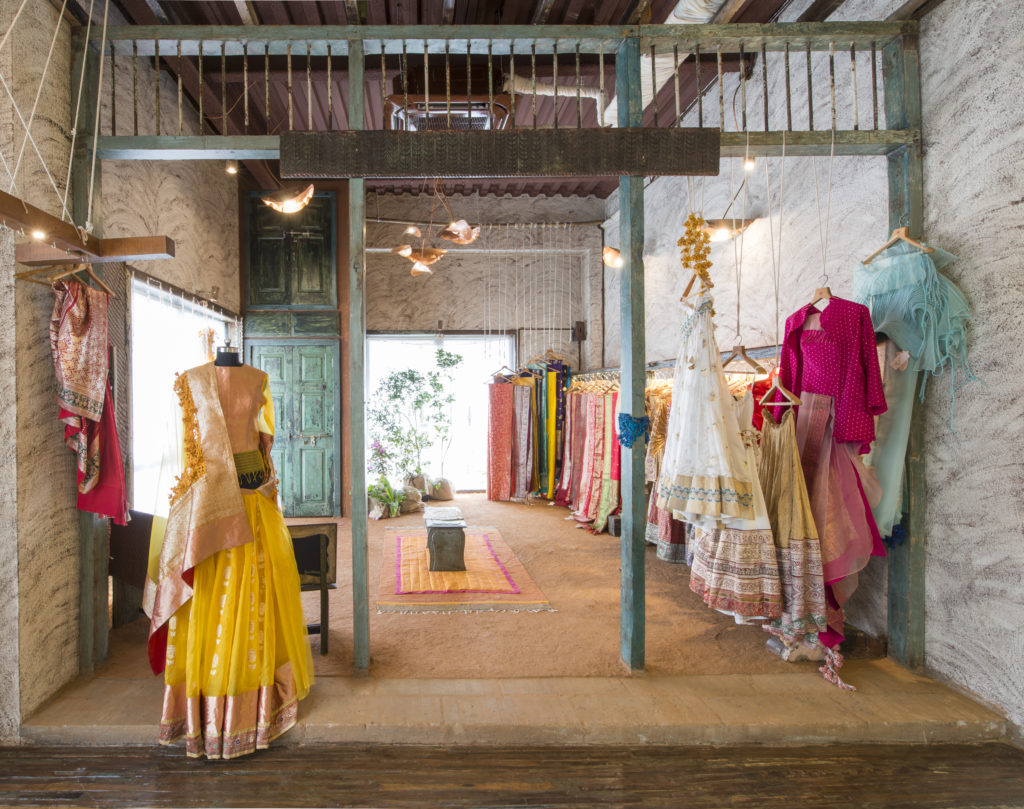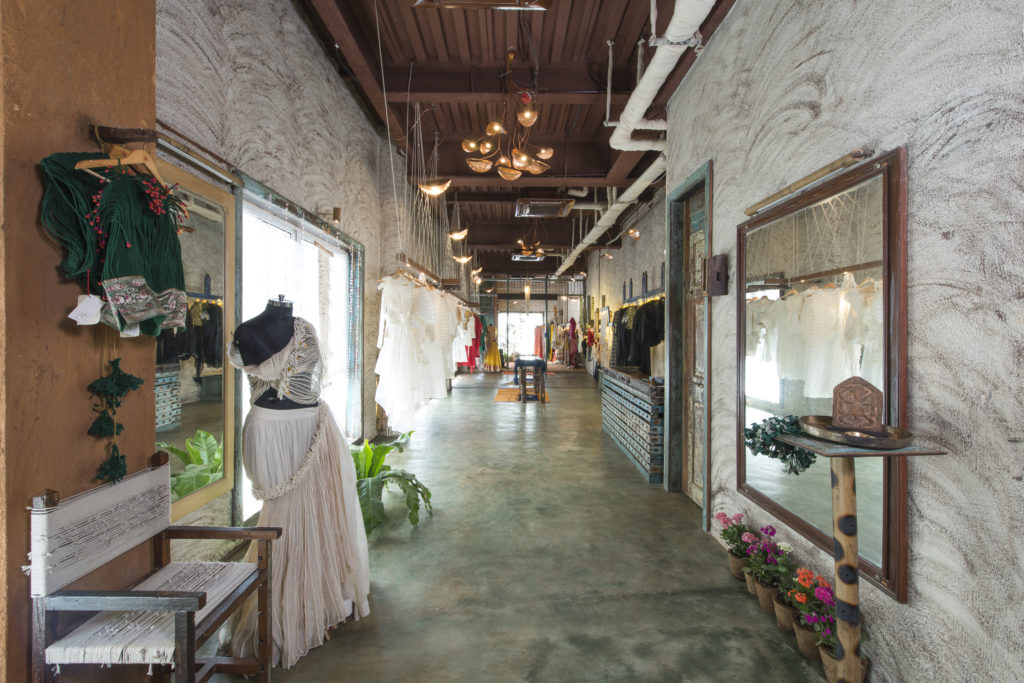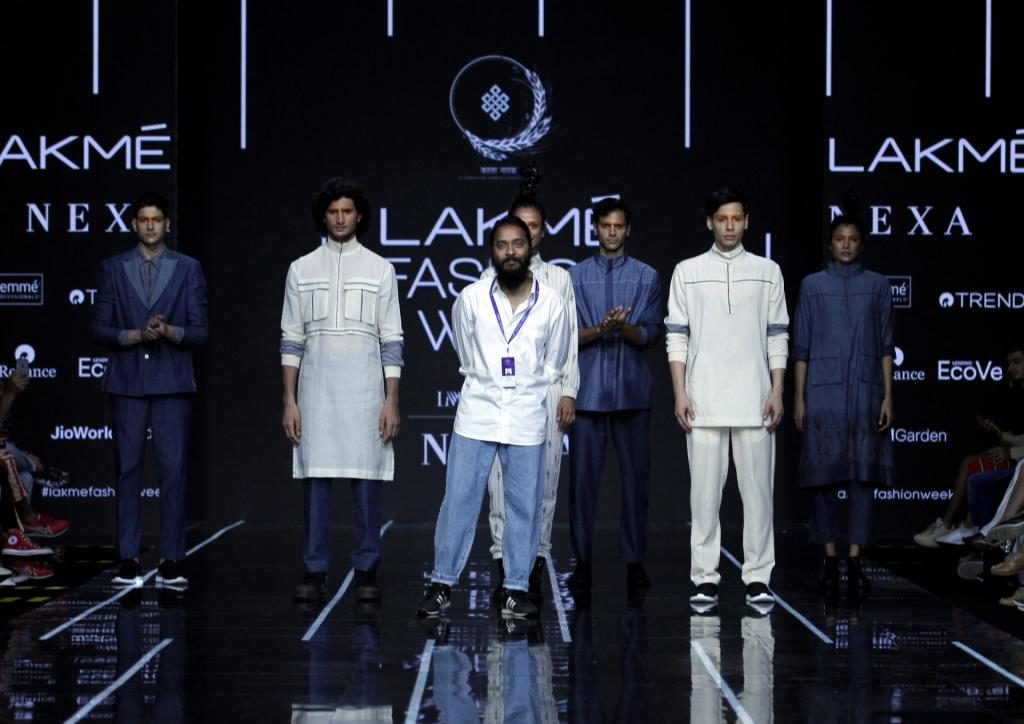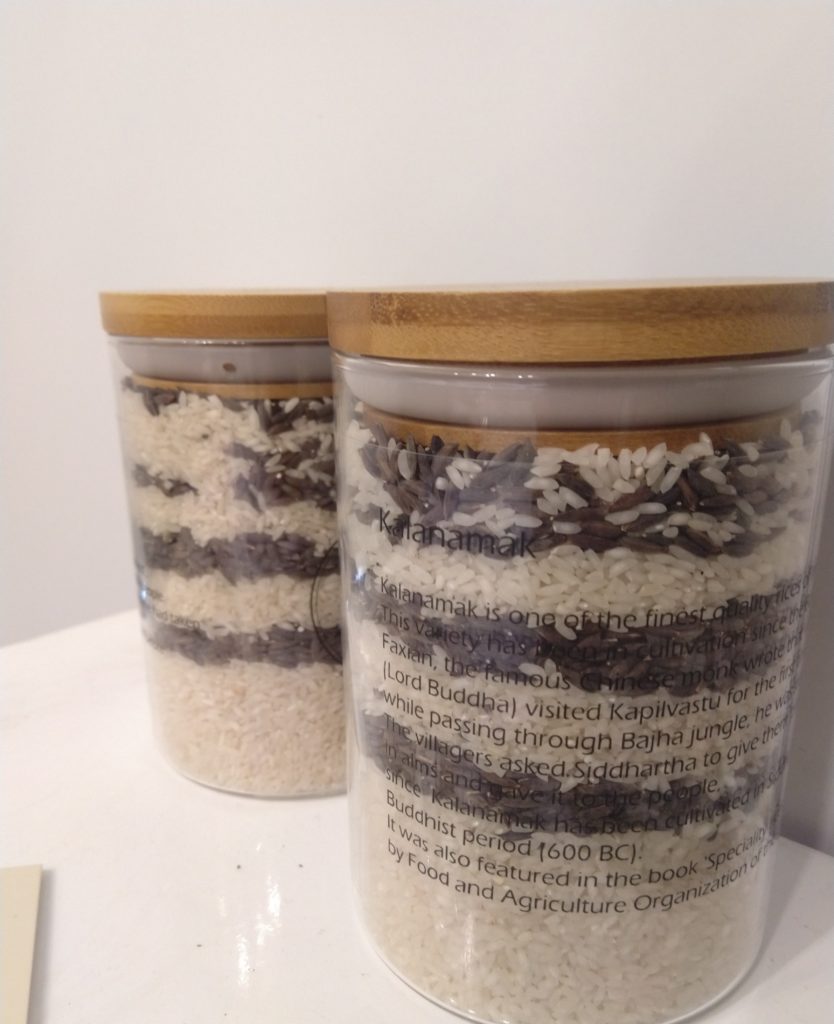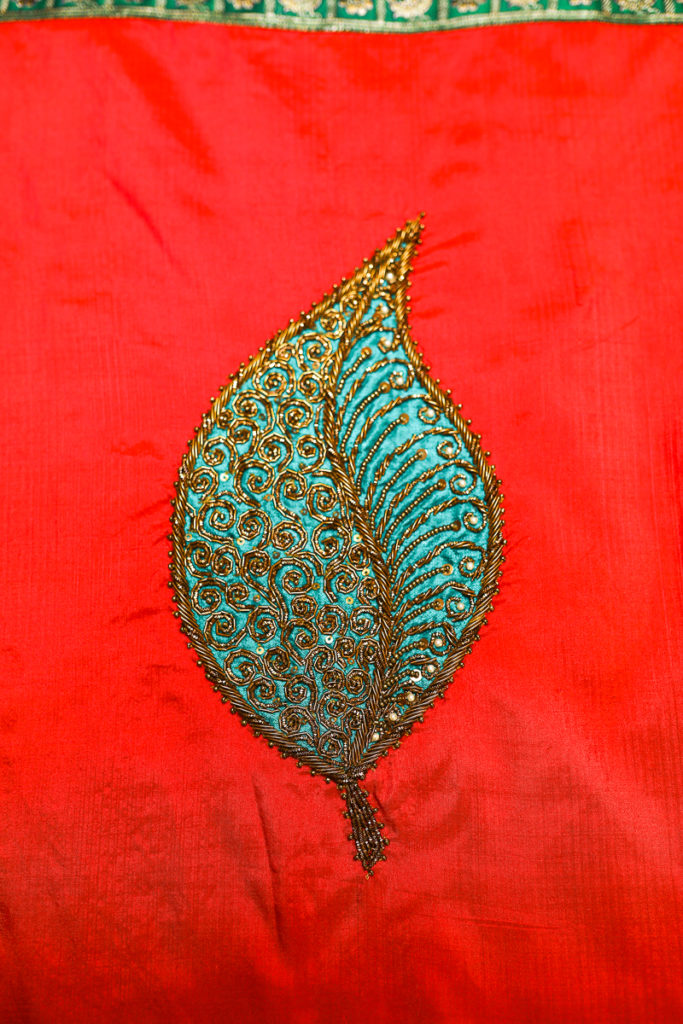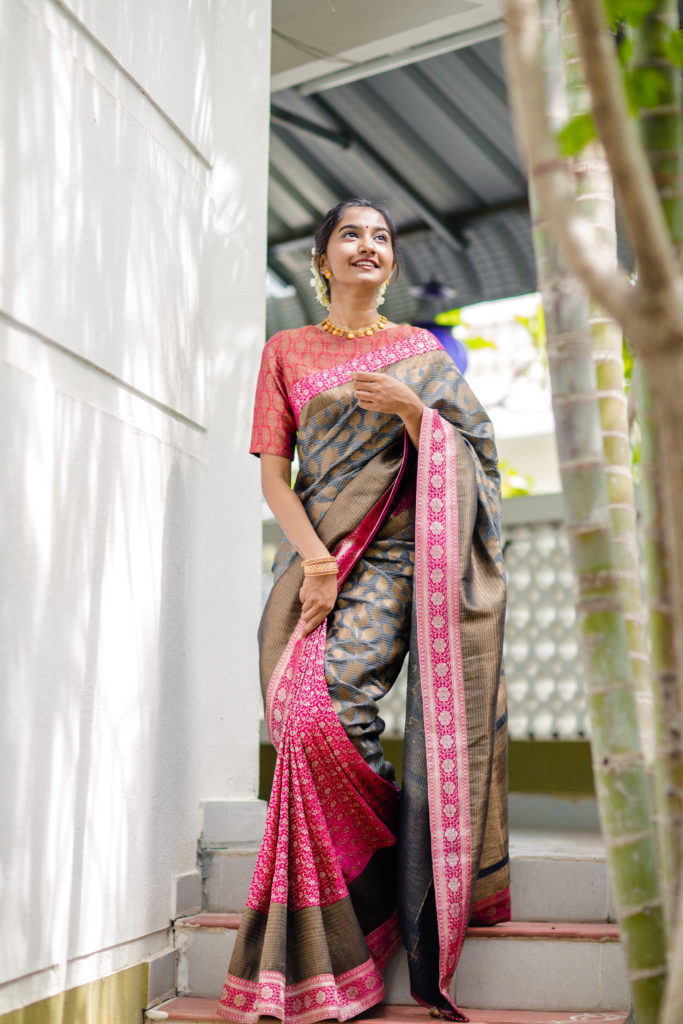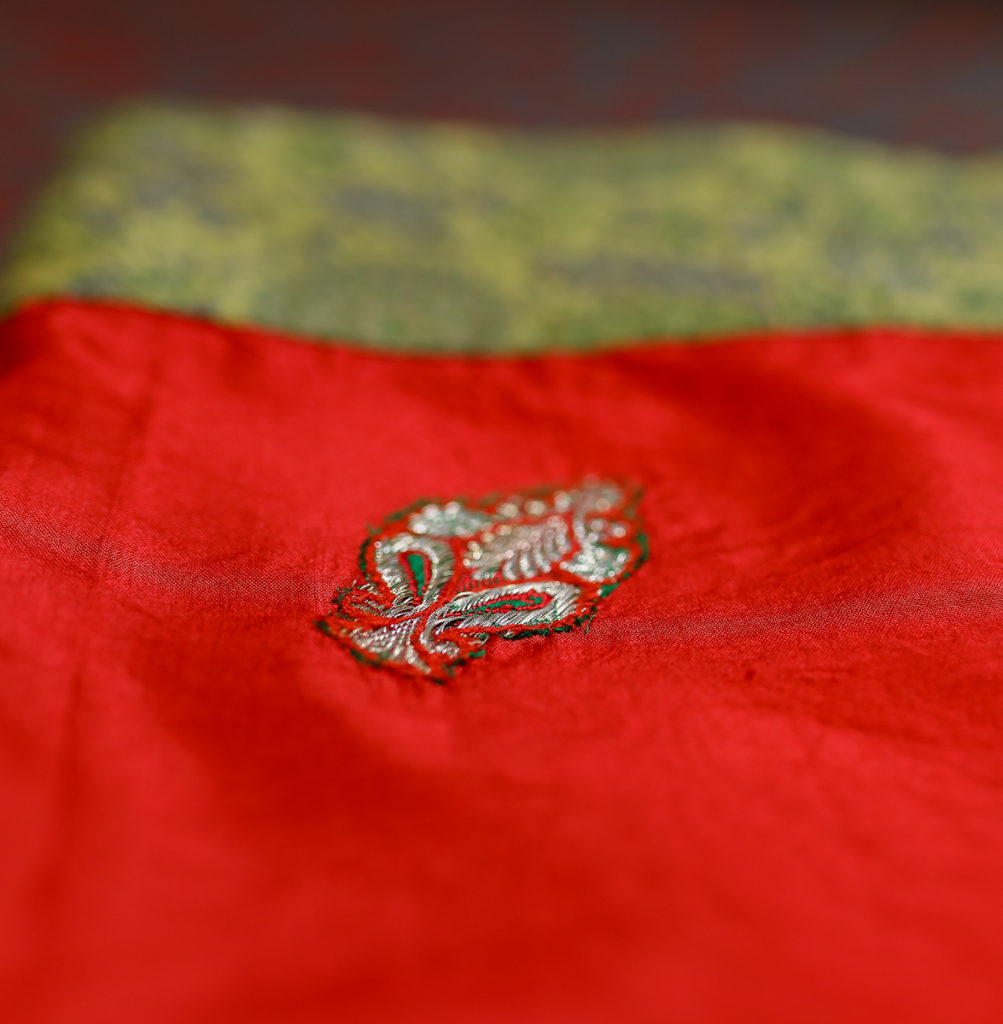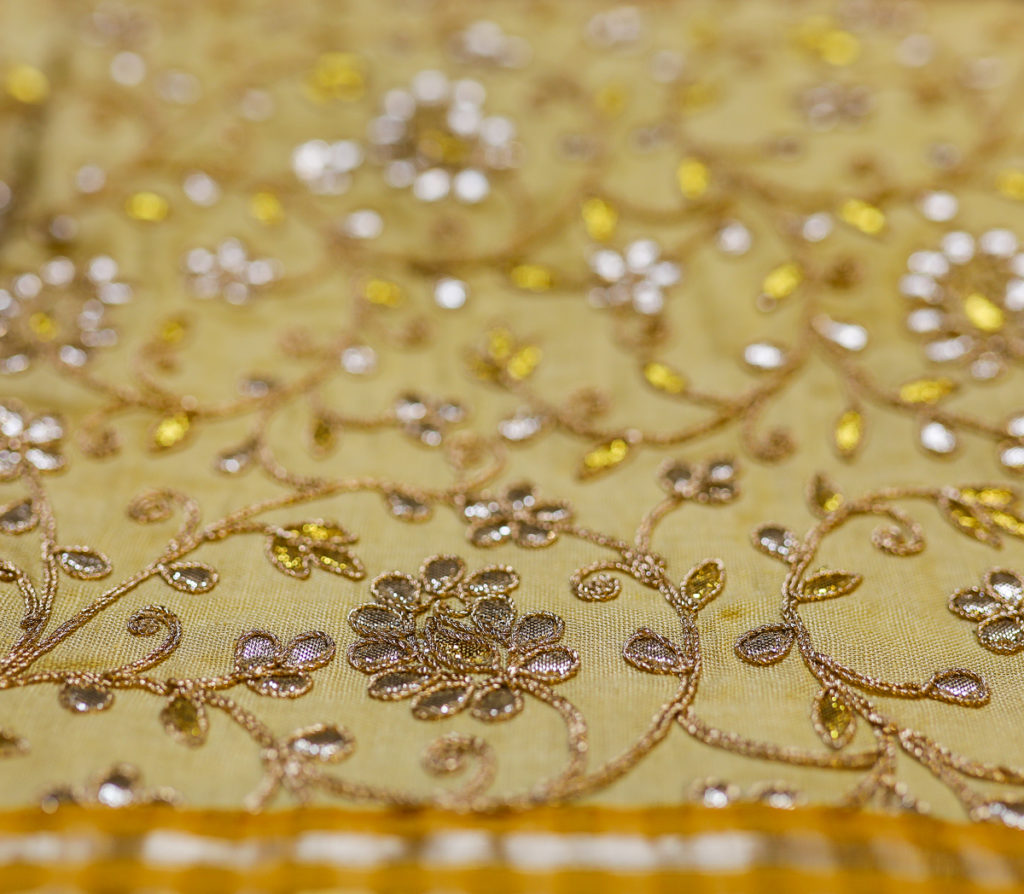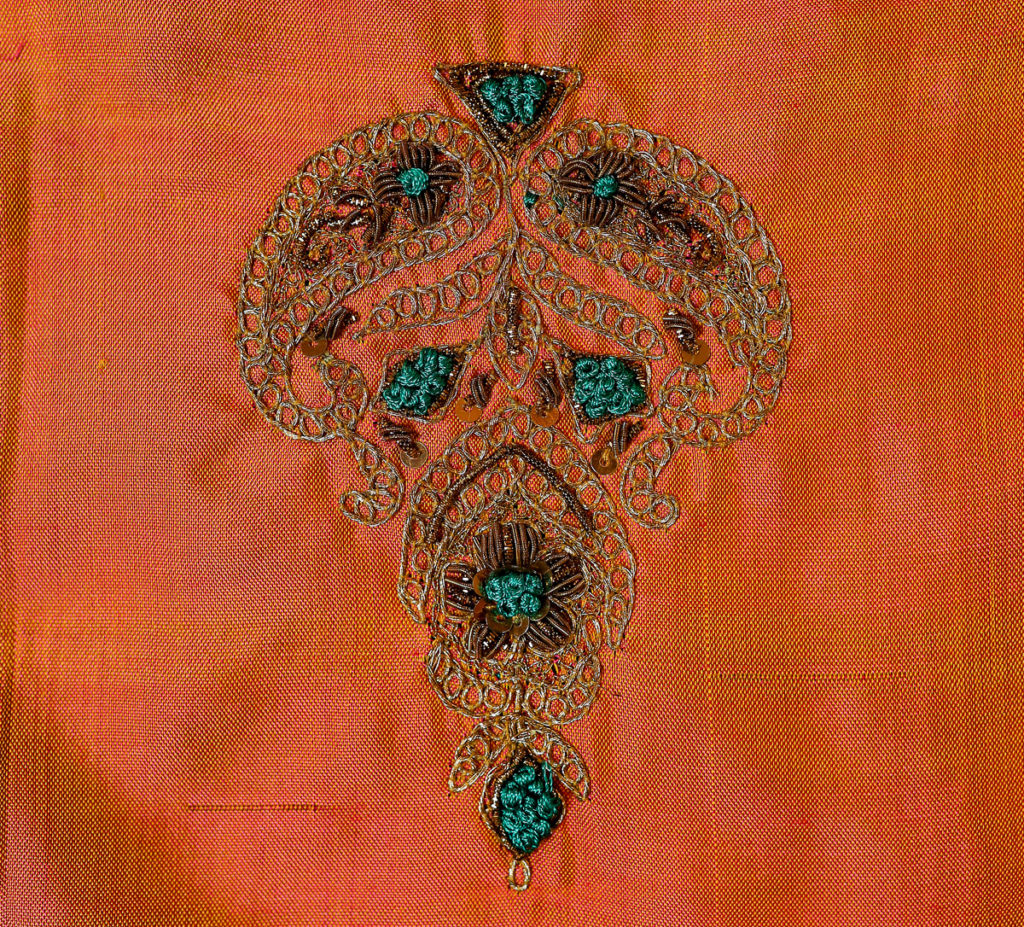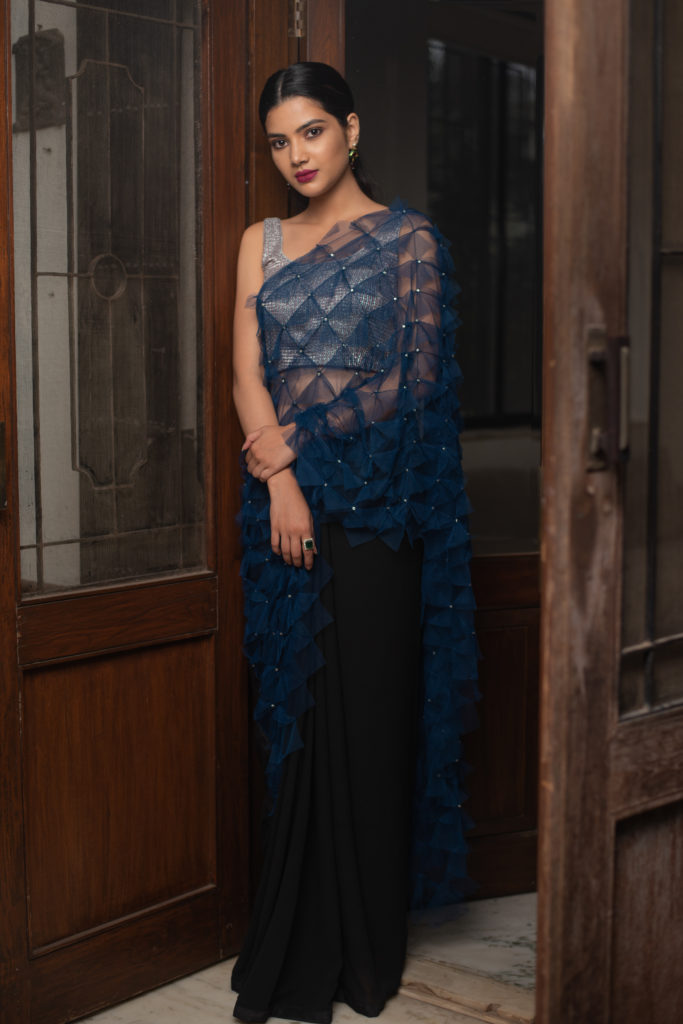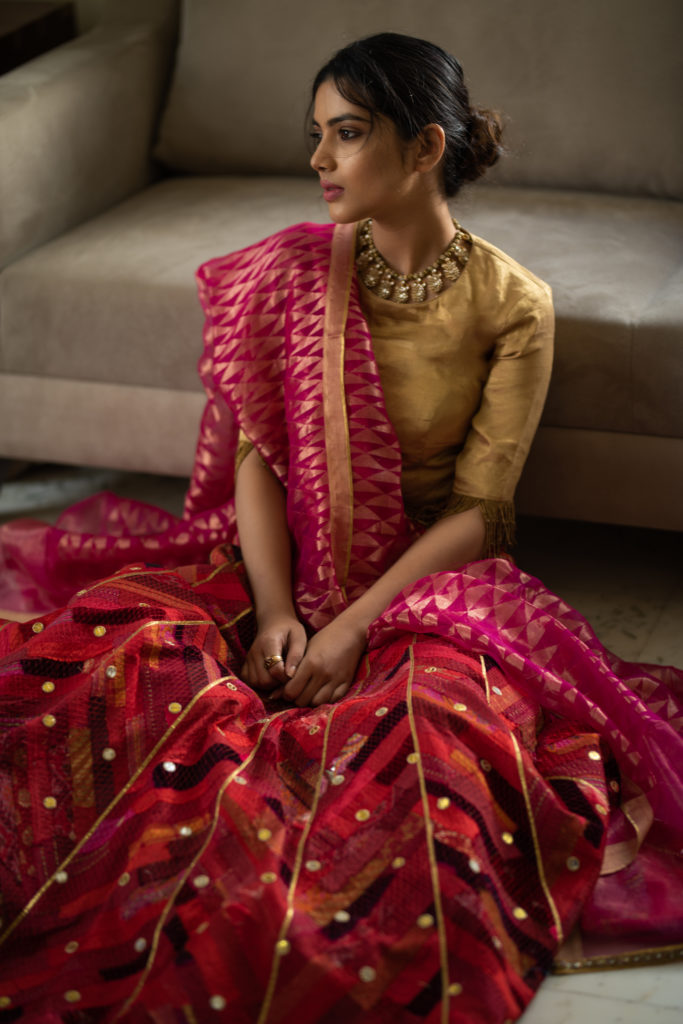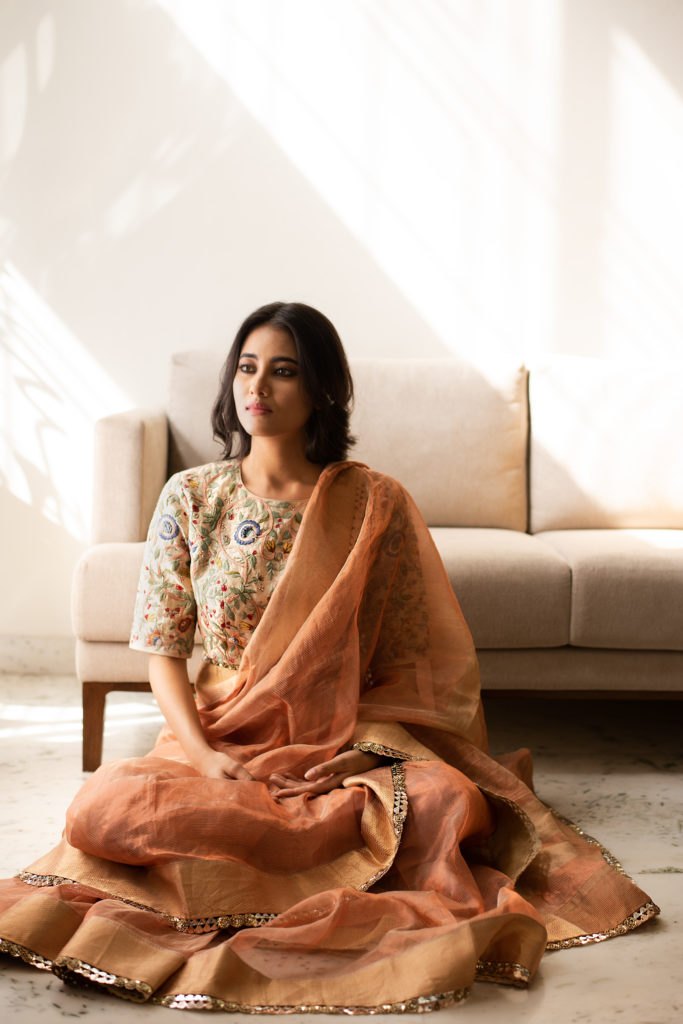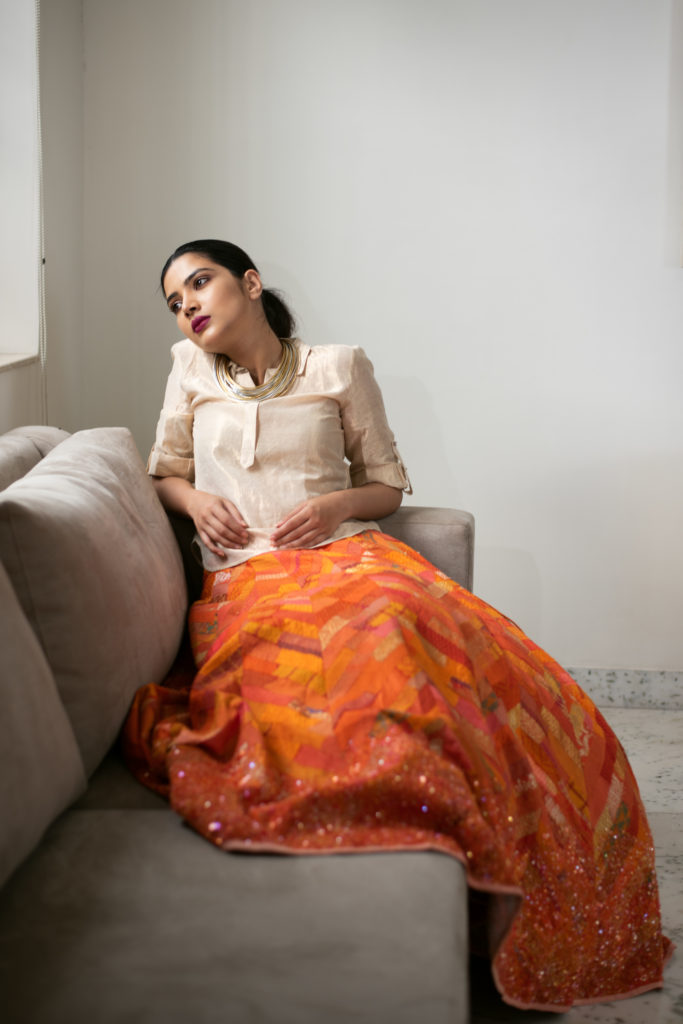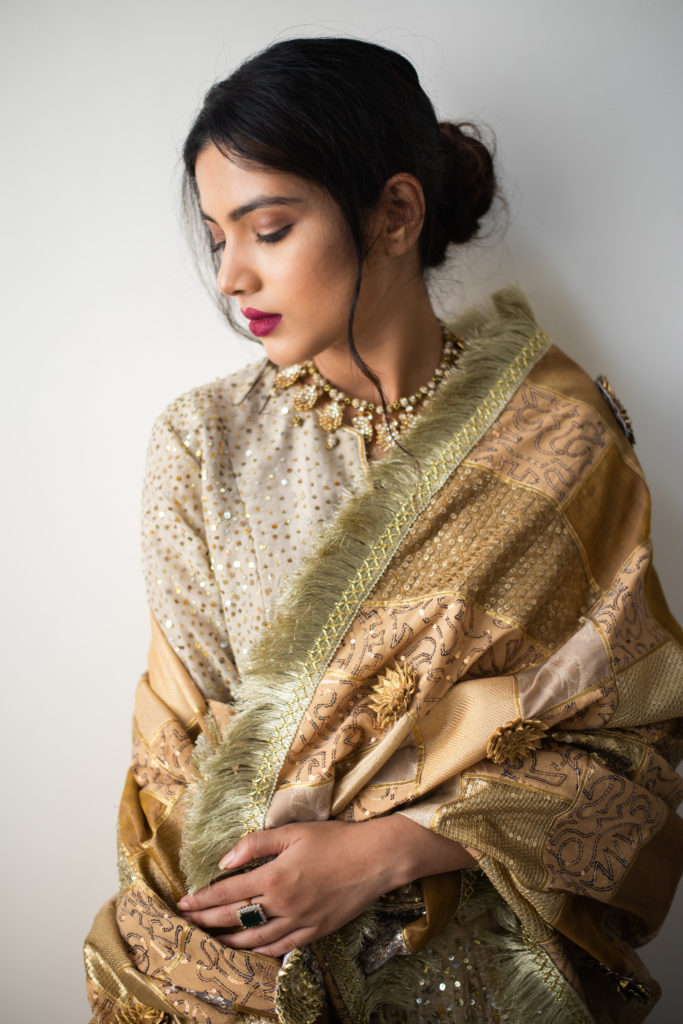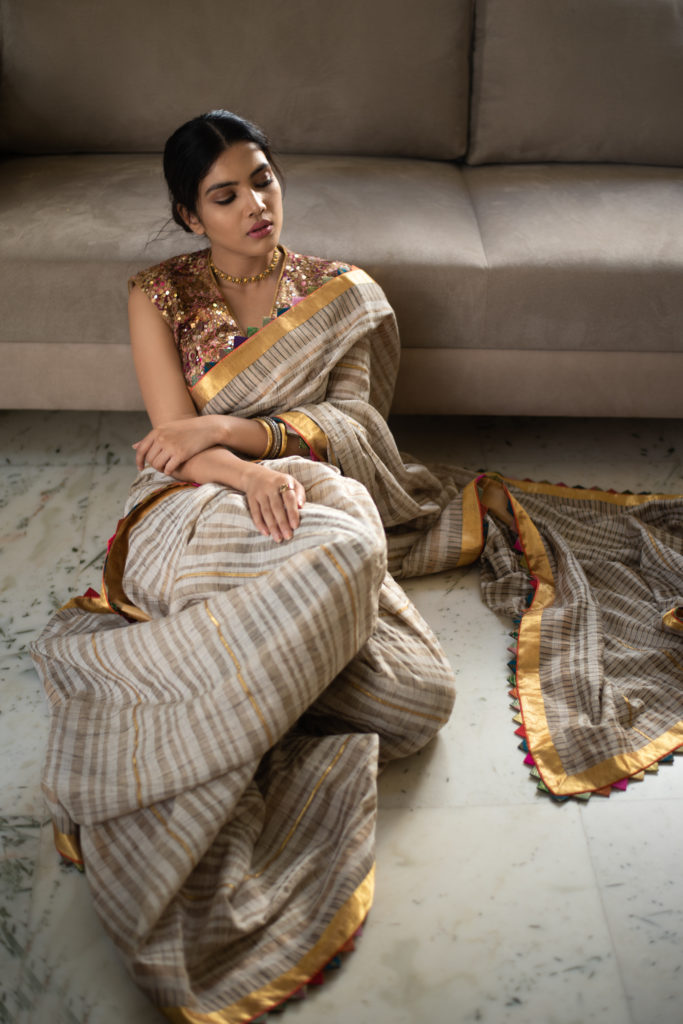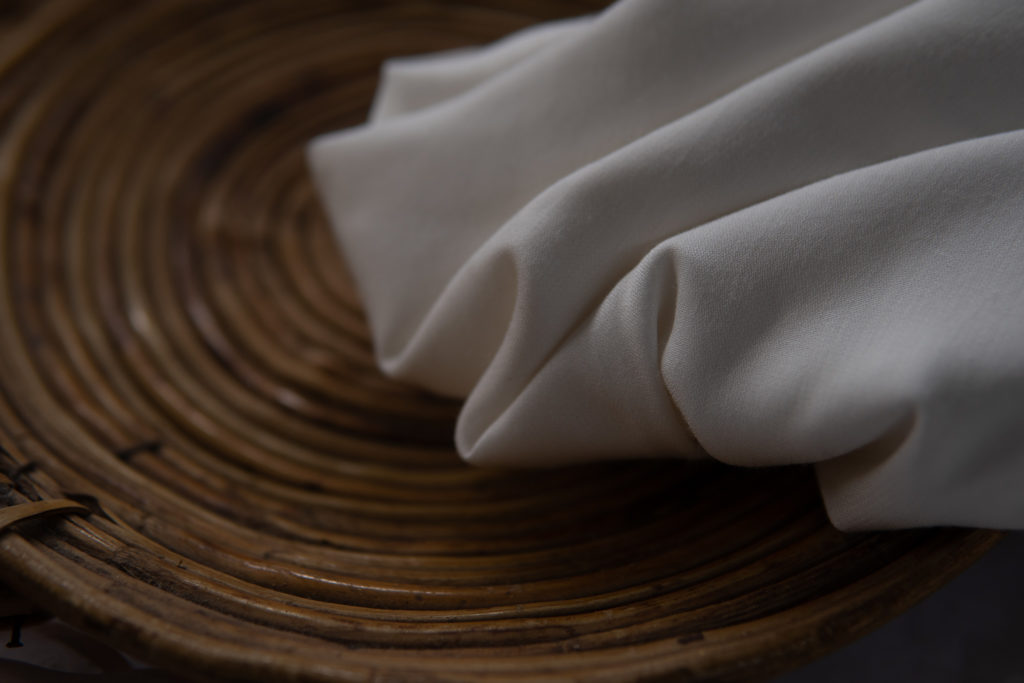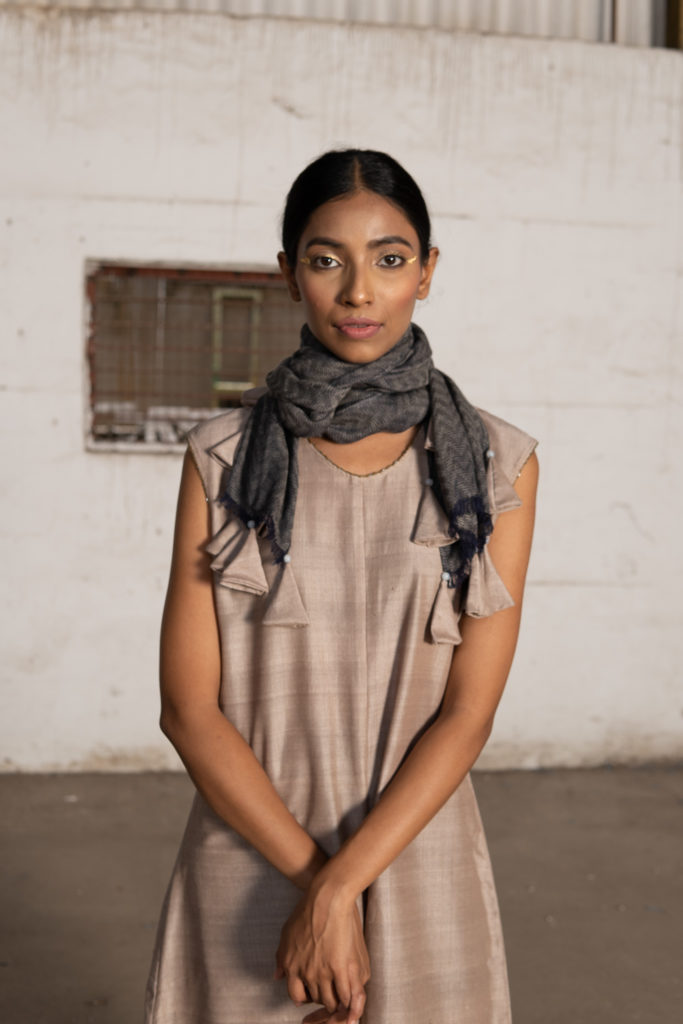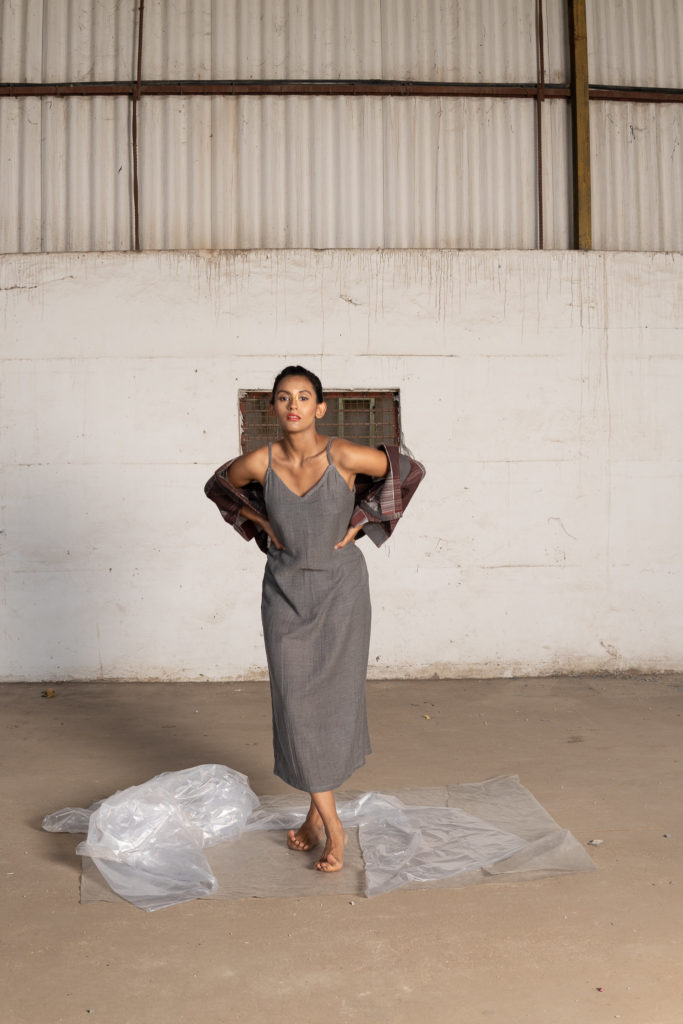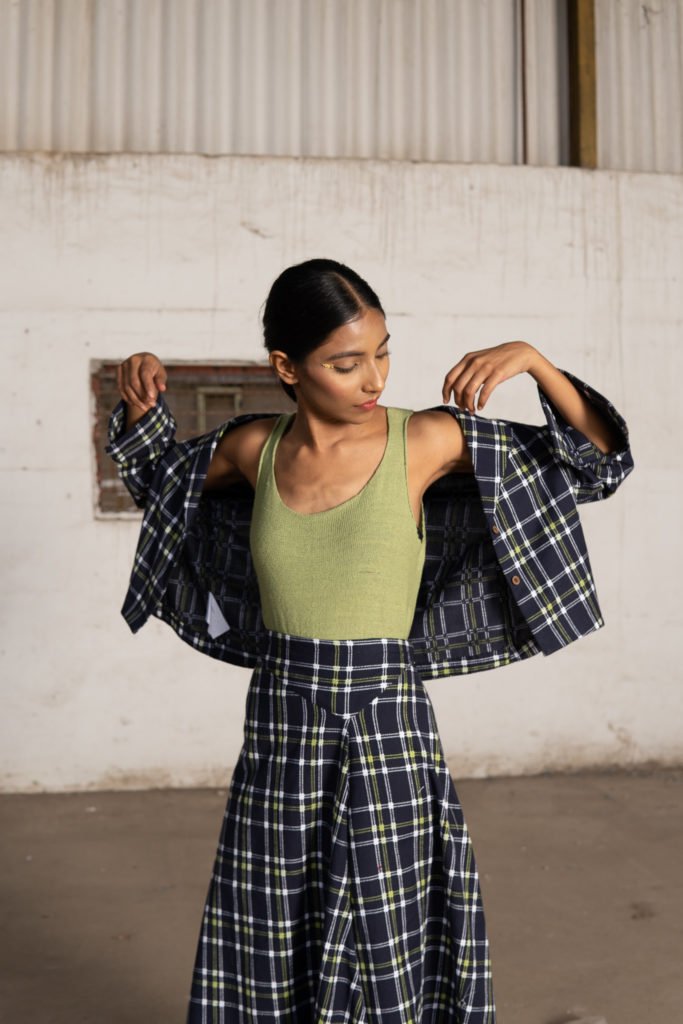From elephantine tusk figurines to antelope necklaces, these 5 labels have adopted animal motifs from mythology, long tropical leaves into metallurgy and curated a bespoke Indian versatility for the discerning consumer, all within the framework of unconventional meets conventional.

Among them is En Inde, an Indo-french philosophy manifested in mathematical shapes enclosed in Indian talismanic structures. Empowering women artisans and macrame weavers from Karnataka, this label also curates a nationwide art sphere into its jewelry. The Longpi black pottery of Manipur and a jute-steel blend of structures find a place in En Inde’s organic niche, as the label also actively engages in sustainable development.
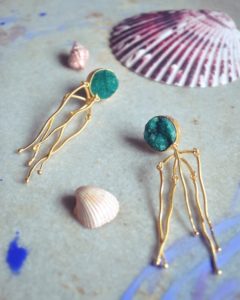
Nassarius, the prehistoric seashell used as jewelry is a name that befits this exquisitely curated label. The bespoke jewelry borrowing inspiration from traditional pearl, gold, and indigenous sets meets foreign perspectives, reimagining handcrafts of India in it’s raw, undiluted essence. They have an organic approach in the making of these statement pieces, keeping the process as natural as it used to be in the yesteryears, making Nassarius a second-generational mystic blend of antiquity and modernity.
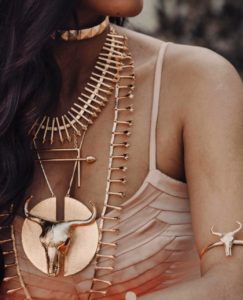
Subtly underlining urban art, Anomaly by Anam is a muse drawn onto the canvas of your skin, by the careful deliberation of each piece coming together innovatively. In the modern art reflections, there lies a dramatic sensibility, bringing the abstract into keen detailing of Indian motifs.
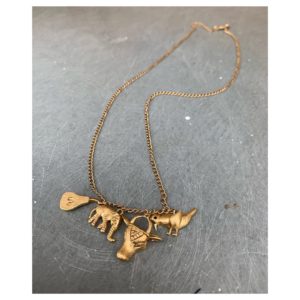
Another label that stands testimony to the skill of Indian metalsmiths and artisans is Dhora India, creating urban and edgy pieces that unveil from within the soul of Indian heirloom. Taking stories of the street to the tenacity of silver-brass tinged in gold, this label curates geometric narratives encompassed by the circular framework. This intrinsic storytelling makes Dhora jewelry one of it’s kind.
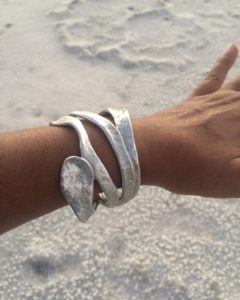
Manifest design has a niche in creating timeless pieces that explore a fresh outlook on mementos infused with the soul of artisans. Rekindling forgotten dreams, these pieces reshape a conventional vocabulary into an inherently raw and dynamic aesthetic.
In the auld lang syne of Indian craftsmanship, we find these explorative tendencies, from an array of techniques used to create prehistoric coral-bone jewelry to blending gold with brass-copper to form first pieces of metallic ornaments. These labels are born from an eco-conscious mindset of cherishing the ancient process while adapting signature designs to an urban tapestry, manifesting it’s intrinsic handpicked alchemy.
